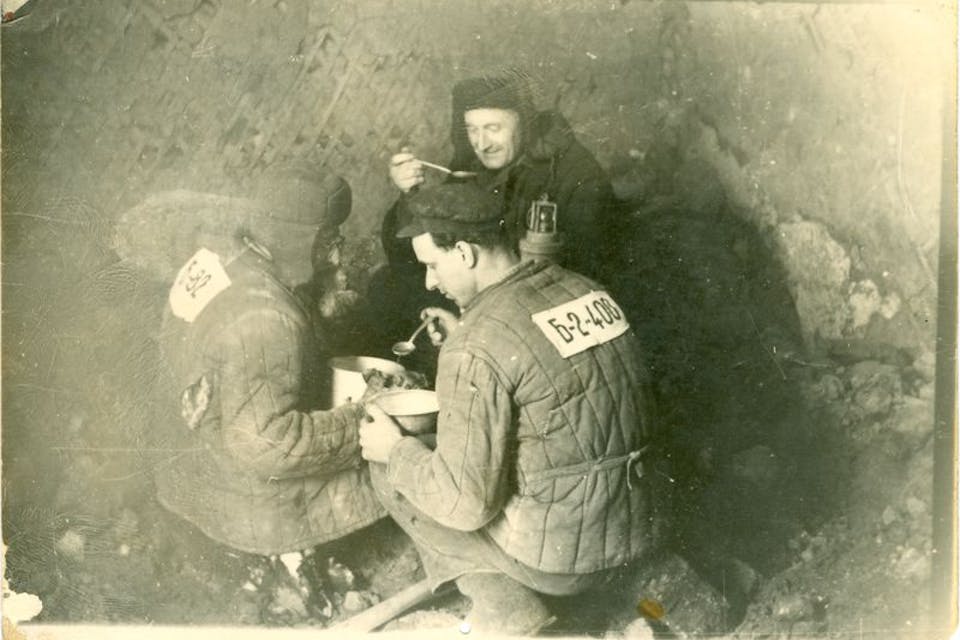
January 26, 2021
Hunger Dreams in the USSR
A newly translated memoir of the gulag should (but probably won't) remind those who still flirt with Communism what exactly they're endorsing.
While I was reading Julius Margolin’s account of his five years in Soviet slave labor camps, I attended, remotely, a lecture by Angela Davis, who had been invited by a Northwestern student group that treated her as a secular saint. Davis, I knew, had twice been the vice-presidential candidate of the American Communist party, which was directly controlled by Moscow. In 1979, six years after the publication of Aleksandr Solzhenitsyn’s Gulag Archipelago, she accepted a Lenin Peace Prize from the Soviet government. She also supported Erich Honecker’s East Germany and praised the Berlin Wall (in East German parlance, the Anti-Fascist Protective Wall). Despite everything we know about Soviet slave-labor camps causing the deaths of millions, as well as Soviet genocide of numerous ethnic groups, she has remained unrepentant and unreflective about her support for the USSR.
Margolin’s memoirs—written in Russian in 1946 and 1947 and recently published in English as Journey into the Land of the Zeks and Back—pose a deliberate challenge to the pro-Soviet apologetics of Angela Davis and likeminded progressives. Ably translated by Stefani Hoffman, the new volume includes helpful introductions by Timothy Snyder and Katherine R. Jollock that describe the work’s publication history, provide necessary background information, and underscore what is most significant in the book. It begins with the outbreak of World War II in September 1939, follows the author’s journey to the gulag—whose inmates were colloquially called zeks, hence the title—and ends with in September 1946, on a boat bound for the Land of Israel.
Iulii Borisovich Margolin was born in 1900 in Pinsk, then part of tsarist Russia’s Pale of Settlement. Educated in Russian, he also spoke Polish and Yiddish as native languages. Having become a Zionist after receiving a doctorate in philosophy in Berlin, he published The Idea of Zionism (in Polish) and a book on the philosophy of poetry (in Yiddish). Margolin and his family moved to Palestine in 1926, but he commuted to work in Poland for three years. In the summer of 1939, on a business trip to Poland, he was trapped there when, as a result of the Molotov-Ribbentrop pact of August 23, 1939, Hitler and Stalin divided up the Polish state.